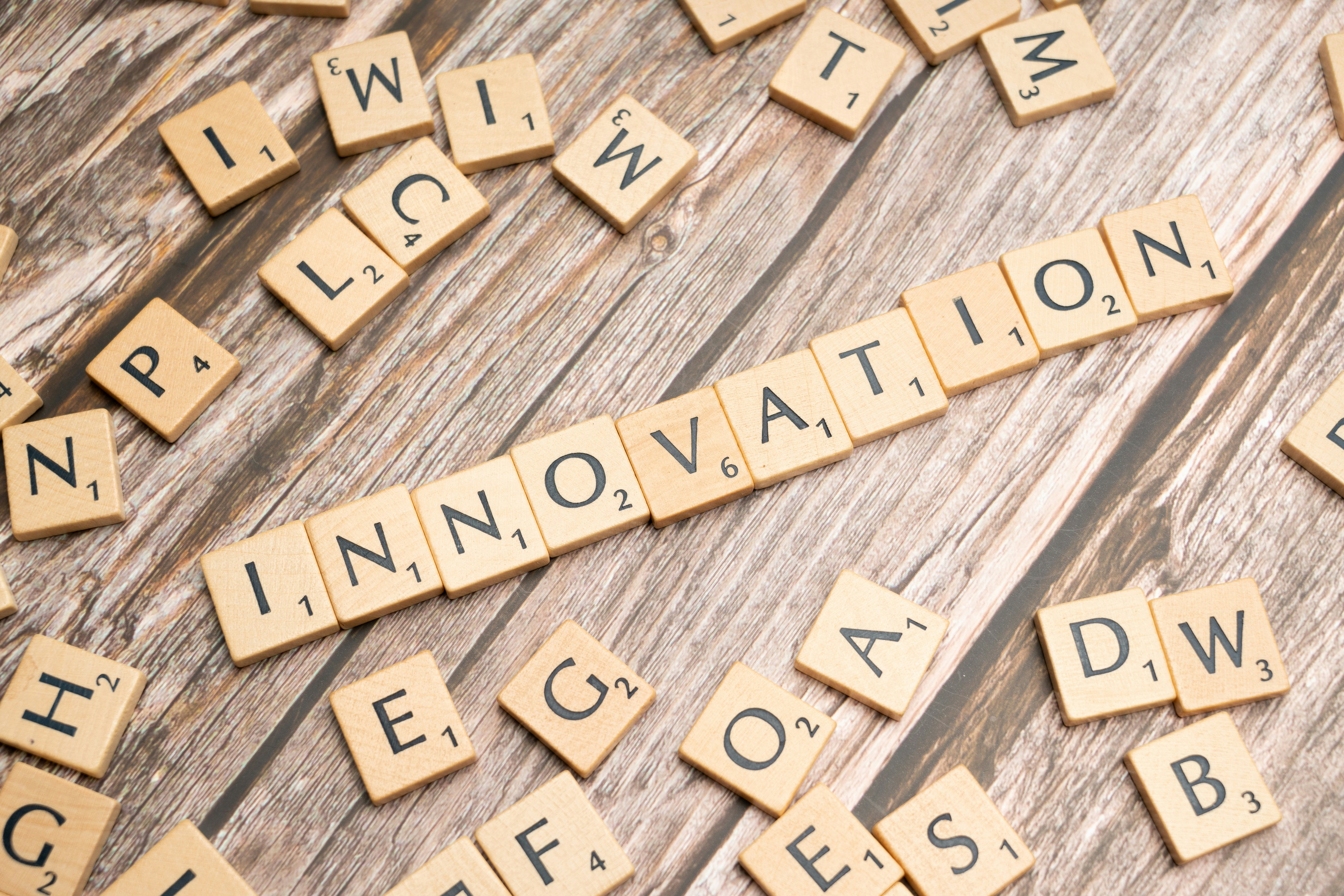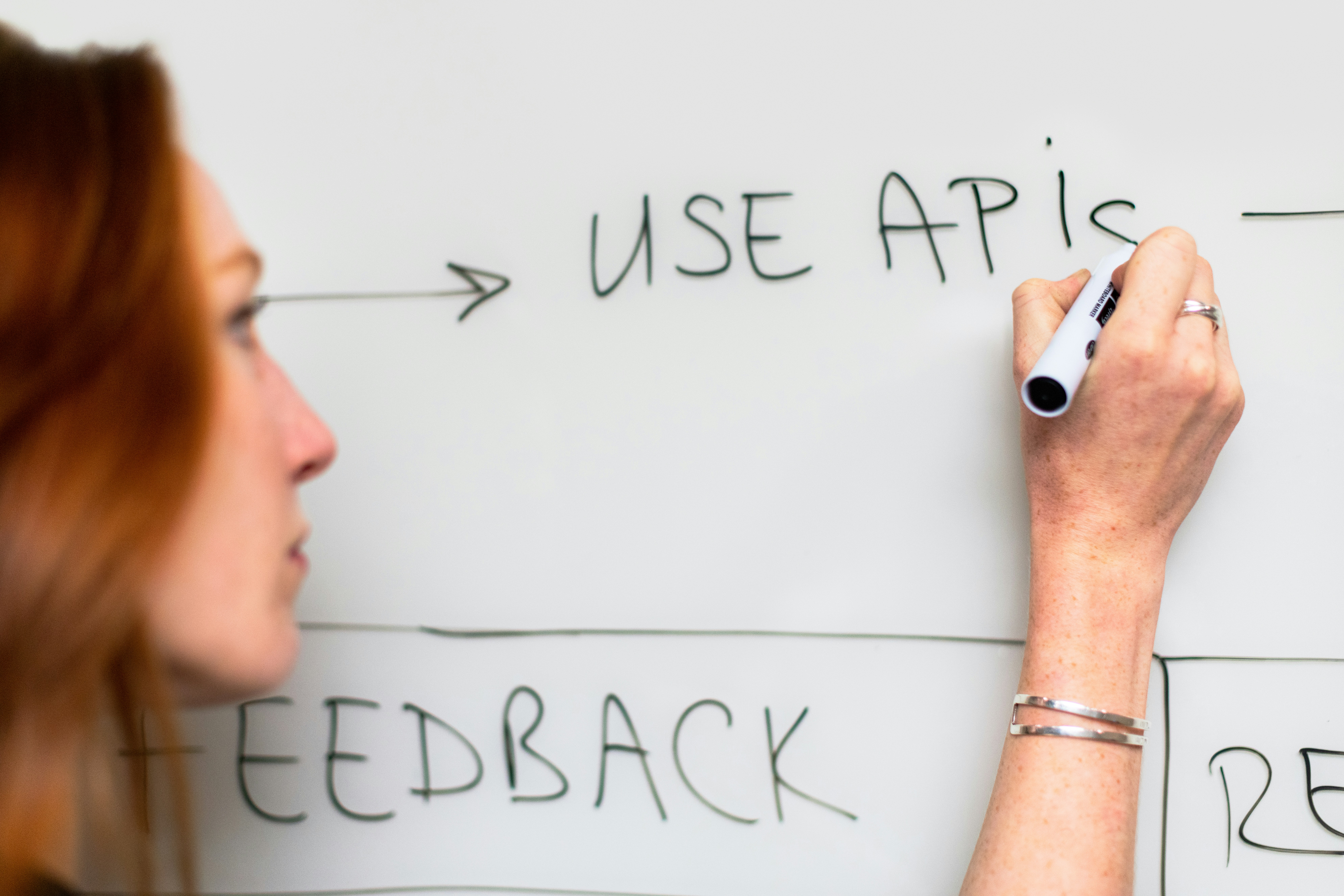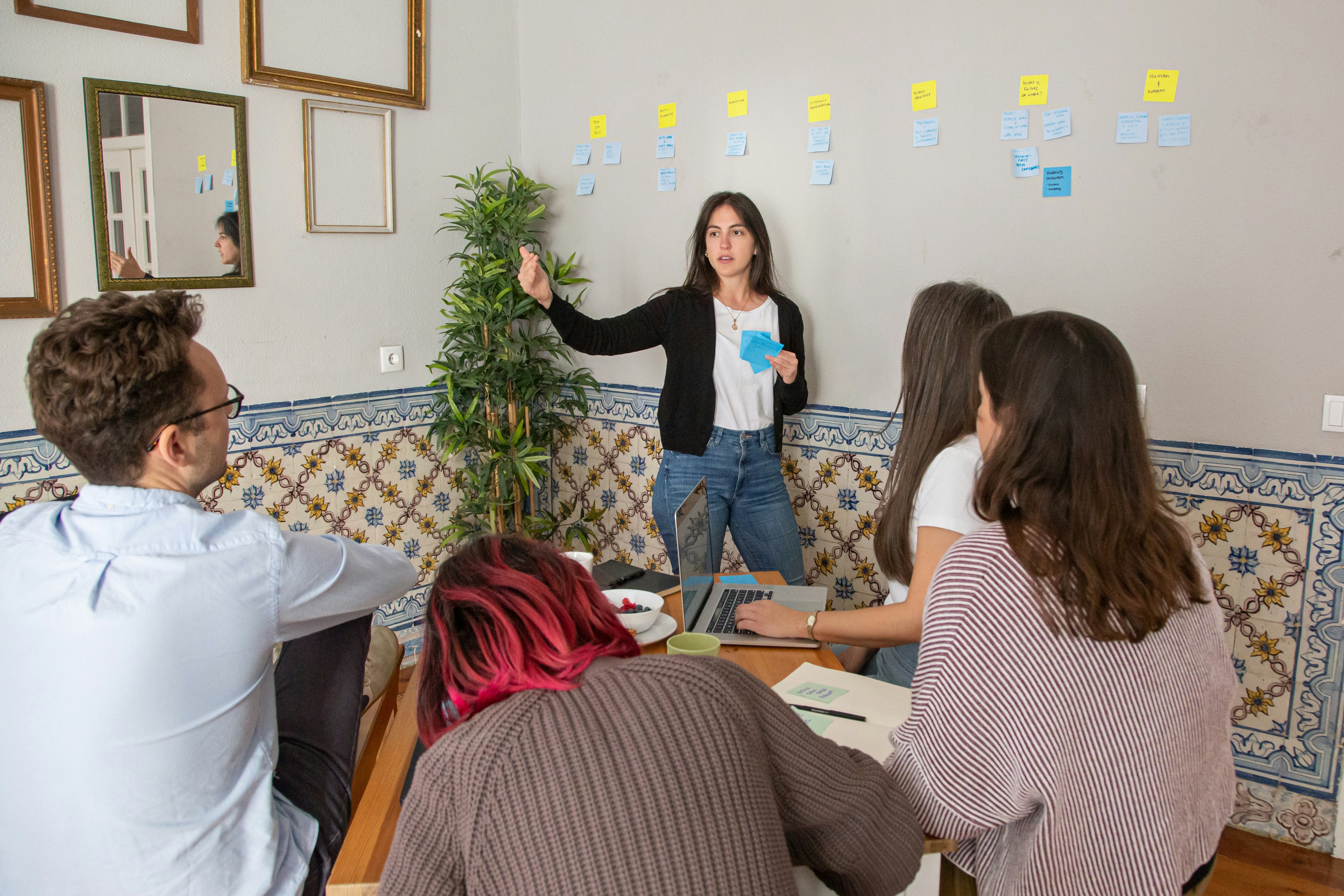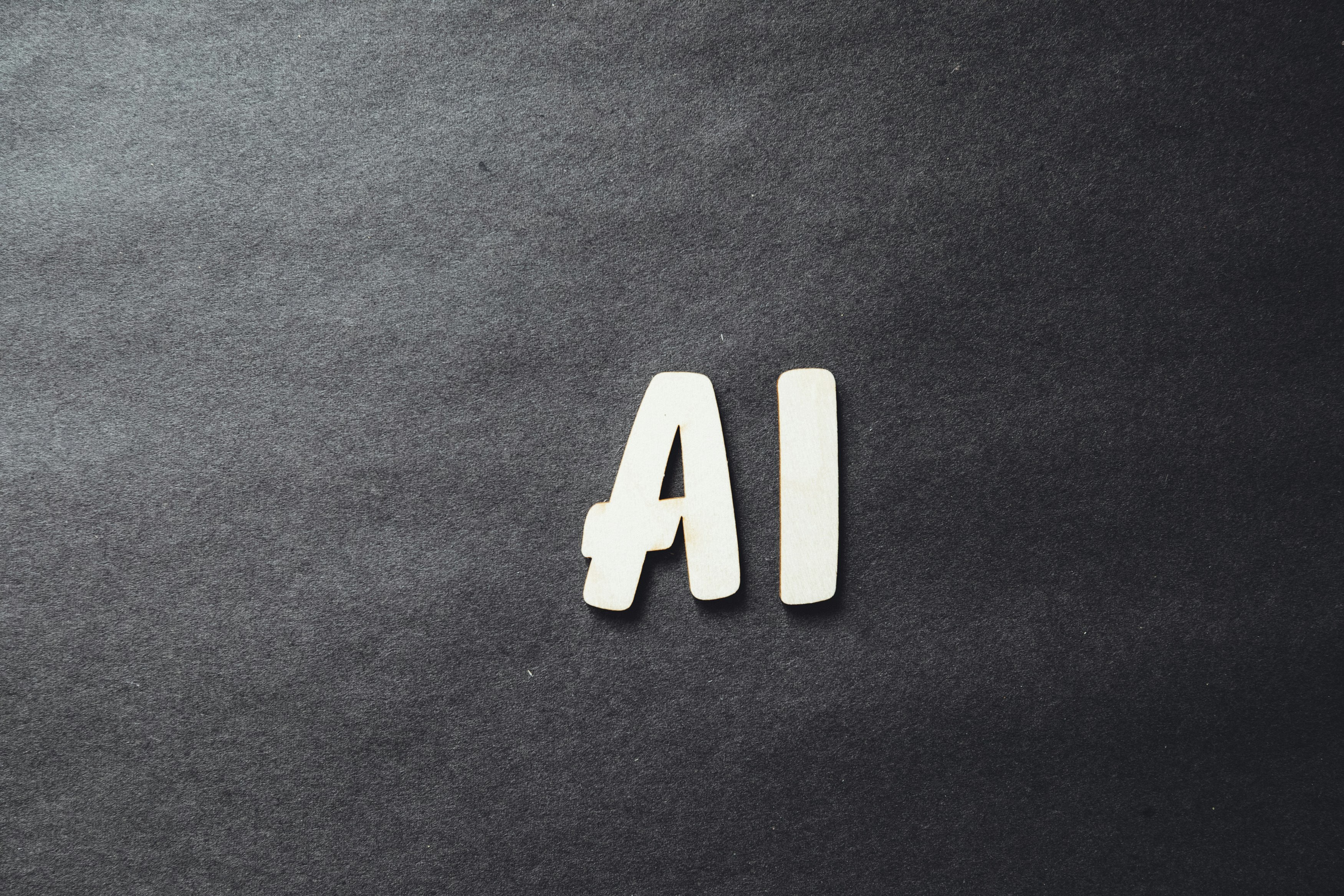Unlock Authentic Collaboration: AI Tools in Hybrid Work Success
In the evolving world of hybrid work, the landscape of collaboration is changing more rapidly than ever. As businesses seek to enhance productivity and foster genuine relationships among team members, the question arises: How do we harness Artificial Intelligence (AI) to facilitate authentic collaboration? The answer lies in understanding how AI tools can transcend efficiency, enabling a more connected and engaged workforce. This article delves into the significant impacts of AI on collaboration, offering insights on fostering authentic connections in hybrid environments.
Embracing Hybrid Work: The Need for Authentic Collaboration
The shift towards hybrid work structures—where teams split their time between remote and in-office settings—has transformed how we communicate and collaborate. According to a report from Harvard Business Review, over 70% of employees prefer hybrid work environments for their flexibility and work-life balance. However, this transition also poses challenges in maintaining cohesive team dynamics.
Authentic collaboration transcends mere communication; it emphasizes trust, shared goals, and emotional connections among team members. Is technology enough? Not entirely. Understanding how AI tools can help create a culture of genuine collaboration is essential.
The Role of AI in Enhancing Communication
AI tools like chatbots, virtual assistants, and predictive analytics have become cornerstones of collaboration in remote settings. These technologies facilitate smoother communication flows, reduce response times, and even predict team needs based on previous interactions.
AI-driven communication platforms can analyze employee interactions and feedback to identify pain points, enabling managers to address issues proactively. Improved communication fosters transparency and empathy—key ingredients for authentic collaboration.
For instance, organizations can utilize AI-powered email assistants to prioritize messages based on engagement levels, ensuring critical communications are addressed effectively. When teams feel heard and understood, collaboration thrives.
Nurturing Emotional Intelligence in Teams
The integration of AI tools tailored to emotional intelligence (EI) can significantly impact hybrid collaboration. The capacity to understand and manage emotions—both one's own and others'—is a game-changer in team dynamics. Emotional intelligence algorithms help leaders decode team sentiment, allowing for responsive measures that elevate morale and engagement levels.
One study highlighted in Unleash AI-Driven Emotional Intelligence in the Workplace reveals that workplaces leveraging AI for EI saw a 25% boost in employee satisfaction. This smooths the path toward building authentic relationships, even in a digital format.
Additionally, AI can assist in personalizing interactions. For example, platforms can analyze past team performances and interactions to suggest tailored approaches to conflict resolution or collaboration strategies aimed at each individual's preferences. By catering to emotional needs, we can nurture authentic connections among team members.
Addressing the Challenges of Remote Work Isolation
Hybrid work often introduces feelings of isolation as team members juggle the challenges of working in different locations. AI tools can foster a more inclusive environment by encouraging virtual socialization and collaboration. AI-assisted platforms can recommend spontaneous group meetings, brainstorming sessions, or social events based on team members' calendars and preferences.
Moreover, technologies that promote social engagement—such as AI-driven virtual co-working spaces—empower team members to collaborate naturally as if they were sitting together in an office. These “virtual lounges” can break down psychological barriers, fostering a sense of belonging and team spirit.
Beyond just AI tools, leaders must harness the power of open feedback mechanisms, applying insights from these collaborative technologies to drive an inclusive culture where everyone feels valued.
Fostering Innovation Through AI Collaboration Tools
AI can significantly bolster innovation in hybrid teams by streamlining processes and encouraging creativity. Collaboration platforms equipped with AI algorithms can identify emerging trends from shared data, allowing teams to brainstorm and innovate effectively.
Consider tools that leverage AI to facilitate brainstorming sessions. These platforms can analyze user-generated ideas and provide real-time feedback, urging teams to think outside the box while remaining aligned with organizational goals.
The democratization of idea-sharing, where every team member feels empowered to contribute, is vital for authentic collaboration. AI tools can remove biases in idea selection, ensuring that all voices are heard and valued. For deeper insights, read about Transforming the Employee Experience with AI Tools.
The Impact of AI Tools on Decision-Making
Decision-making within hybrid teams can often be fraught with challenges stemming from differing perspectives and access to information. AI tools offer solutions that streamline data analysis and present actionable insights tailored to the decision-makers’ needs.
Predictive analytics can sift through massive datasets to reveal trends and forecasts, allowing teams to make informed decisions collaboratively. This fosters a culture of shared responsibility, as team members feel involved in the decision-making process. Teams can leverage AI-driven insights to anticipate market shifts, optimize strategies, and spur innovation.
With tools like AI-based dashboards, teams can visualize data collectively, paving the way for informed discussions. This collaborative approach not only enhances decision-making but also builds trust—a cornerstone of authentic collaboration.
Cultivating a Culture of Feedback
Feedback loops are essential to authentic collaboration, and AI tools can facilitate this process effectively. By utilizing sentiment analysis and automated feedback collection, organizations can gain insights into how team members feel about their experiences and collaborative processes.
AI can help track feedback trends over time, identifying areas needing attention before they escalate into significant issues. For instance, if a team member expresses repeated concerns about communication inefficiencies, leaders can proactively address these issues.
By weaving feedback into the fabric of the organization, companies can create a culture that values open communication and continuous improvement. Teams will also feel empowered, knowing their input leads to actionable change, thereby nurturing authentic relationships across different levels.
Training AI Systems for Ethical Collaboration
As organizations adopt AI tools for collaboration, it is vital to integrate ethical frameworks into their deployment. Responsible AI practices ensure that these tools foster trust, transparency, and inclusivity rather than perpetuating biases.
Organizations should invest in training their AI systems with diverse datasets, minimizing training biases and promoting varied perspectives. This practice is crucial for maintaining a collaborative workplace culture where everyone feels represented.
Implementing AI Tools for Authentic Collaboration
Integrating AI into the workplace is more than just selecting the right tools; it involves creating an ecosystem of support around them. Here's how businesses can effectively implement AI tools to encourage authentic collaboration:
-
Assess Team Needs: Start by understanding the specific collaboration challenges your teams face. Surveys and feedback sessions can reveal insights on pain points that technology can address.
-
Choose the Right Tools: Research platforms that emphasize team engagement, emotional intelligence, and ease of use. The goal here is to select AI tools that seamlessly integrate into existing workflows and enhance collaboration.
-
Encourage Training: Provide employees with training on the chosen AI tools. The more comfortable team members are with technology, the more effectively they can use them.
-
Iterate and Improve: AI tools should evolve with your organization's needs. Make it a norm for teams to provide feedback on the tools and adjust accordingly to enhance user experience.
-
Celebrate Successes: Acknowledge team achievements resulting from effective collaboration. Recognizing contributions fosters a sense of community and strengthens authentic relationships.
Final Thoughts
As businesses navigate the future of hybrid work, embracing AI tools is essential for fostering authentic collaboration. By leveraging these technologies to enhance communication, nurture emotional intelligence, bolster innovation, and streamline decision-making processes, organizations can create an environment where creativity flourishes, and employees feel genuinely connected.
Record-breaking efficiency alongside authentic employee relationships can lead to unprecedented success. By recognizing the transformative potential of AI tools, companies not only enhance productivity but also build workplaces that reflect empathy, respect, and connection—qualities that are more essential than ever in hybrid work environments.
Ready to elevate your team's collaboration with AI? Explore practical steps to integrate these tools today and unlock the full potential of your workforce.













